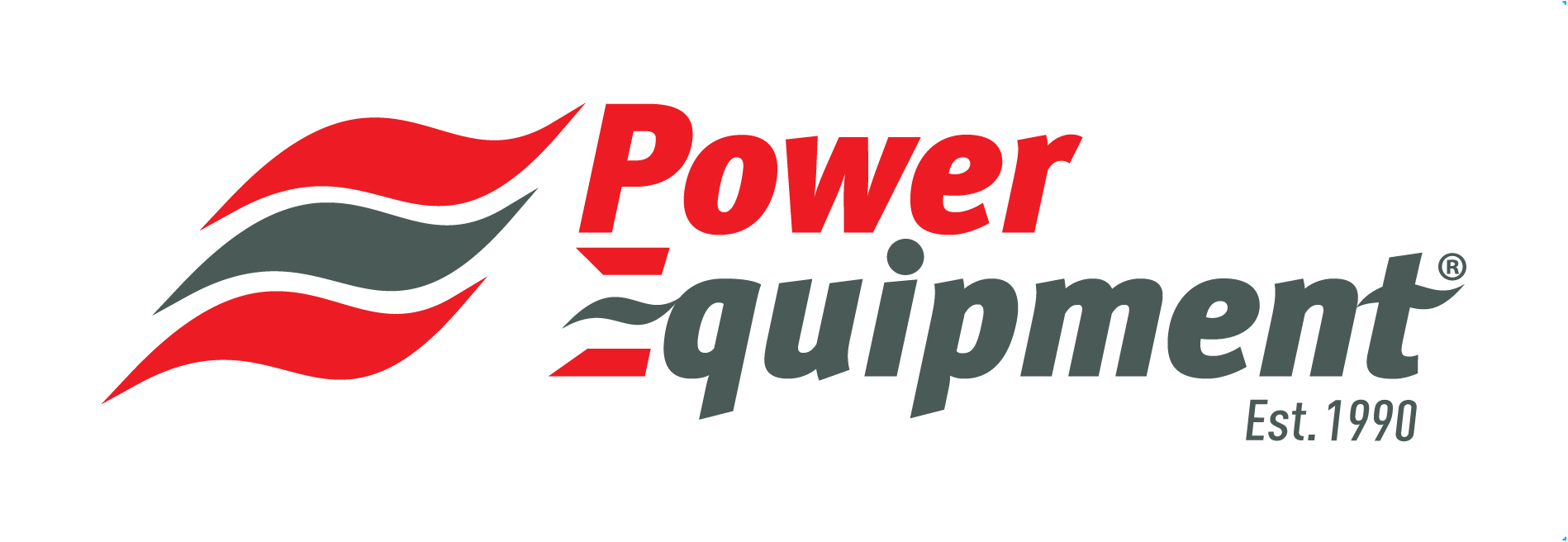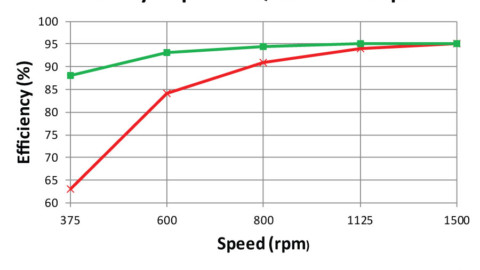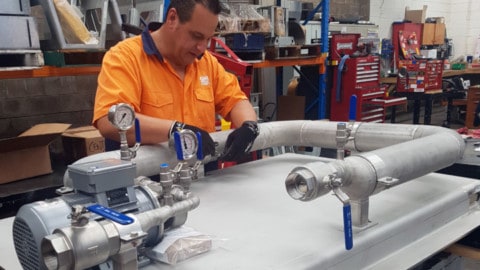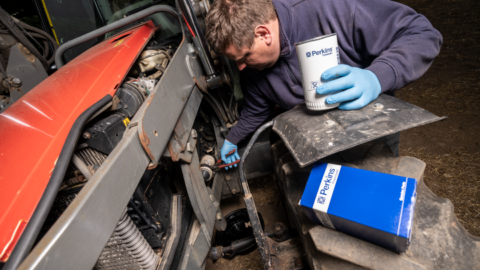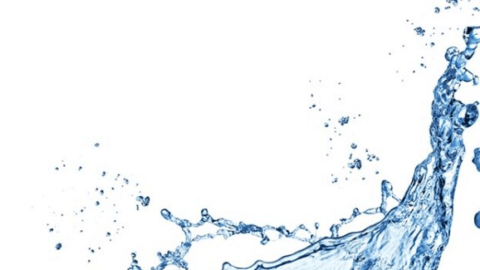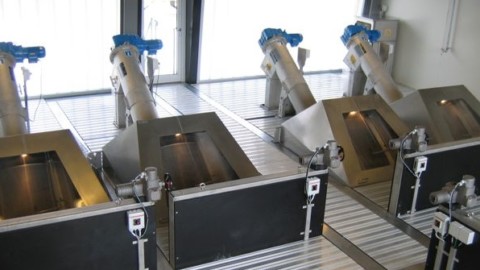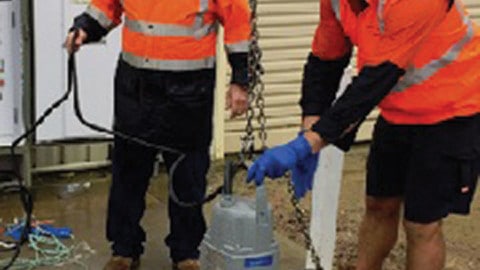Diesel engines are generally more tolerant of high temperatures than petrol engines, but summer heat still can be hard on your engine. A little extra care goes a long way to protecting your investment.
 Do make sure there is plenty of airflow to the cooling system. Check the inlets and clean as necessary. This is particularly important for static machines like generator sets
Do make sure there is plenty of airflow to the cooling system. Check the inlets and clean as necessary. This is particularly important for static machines like generator sets- Don’t run the engine with access panels, cabinet doors or other parts of enclosures open. This can disrupt proper airflow and allow dirt, dust and other contaminants to reach the engine
- Do pay attention to temperature gauges and react to alarms as quickly as is safely possible
- Do check your coolant regularly with a hydrometer. The glycol in your coolant is there for a reason, it helps control heat better than plain water and doesn’t boil off
- Don’t top off the coolant with plain water. Make sure to use a proper water/glycol mix every time
- Do whatever you can to control dust, which is an engine killer. Turbocharger vanes and bearings are particularly sensitive to abrasive particles in cement or rock dust. Water the jobsite if you can
- Do check your air filter every day, its effective life can be substantially shortened in dusty summertime conditions
- Don’t try to clean your air filter by ‘knocking the dust off’. That can create bigger holes in the filter media that will let in more dirt and actually make it less effective
- Do replace your air filter when it gets dirty. It costs a lot less than a new turbocharger or engine
- Do use OEM filters and parts. They are designed by the people who designed your engine and know what’s required. A ‘will-fit’ is designed to a price by people who can only guess what your engine really needs
- Do drain the fuel/water separator every day. Water in your fuel can damage injectors
- Don’t pour cold fuel into a hot fuel tank. It can cause condensation that puts water in your fuel
- Do let stored fuel set undisturbed for a while so any water or dirt can settle to the bottom of the tank where it can be removed
- Do check your fuel tank seals regularly. A damaged seal can’t keep the dirt out
And finally:
- Don’t shut down your engine without letting it idle for five to ten minutes to cool down
This Sponsored Editorial is brought to you by AllightSykes. For more information, visit www.perkins.com/summertips.




